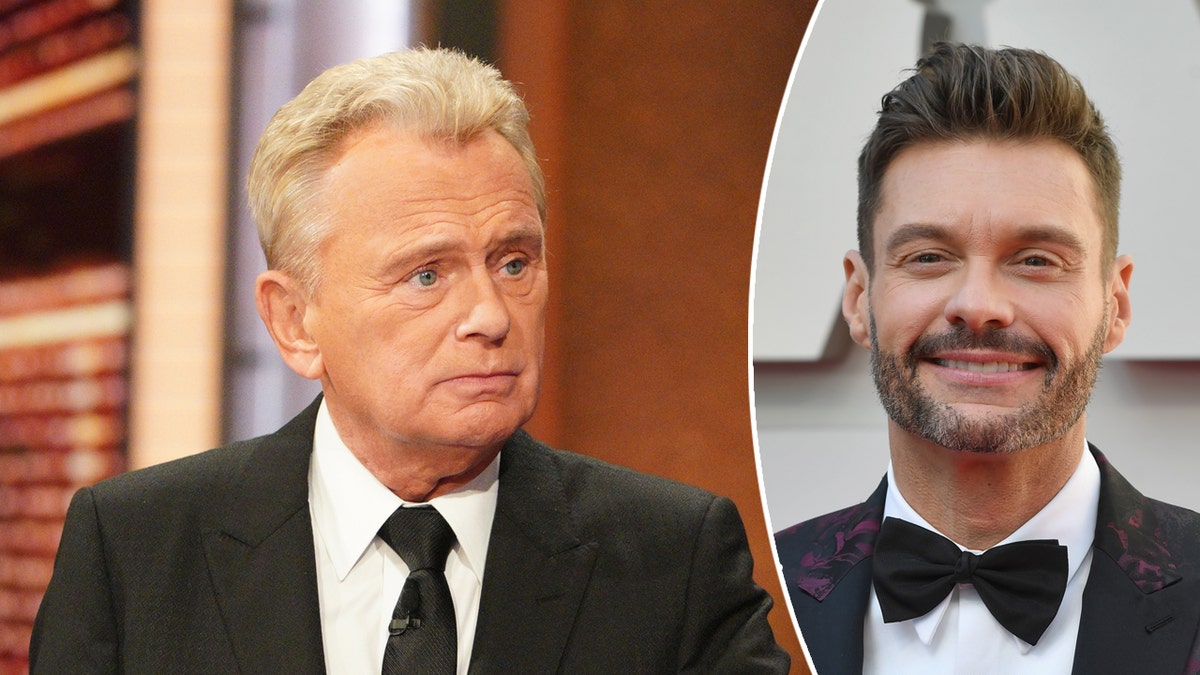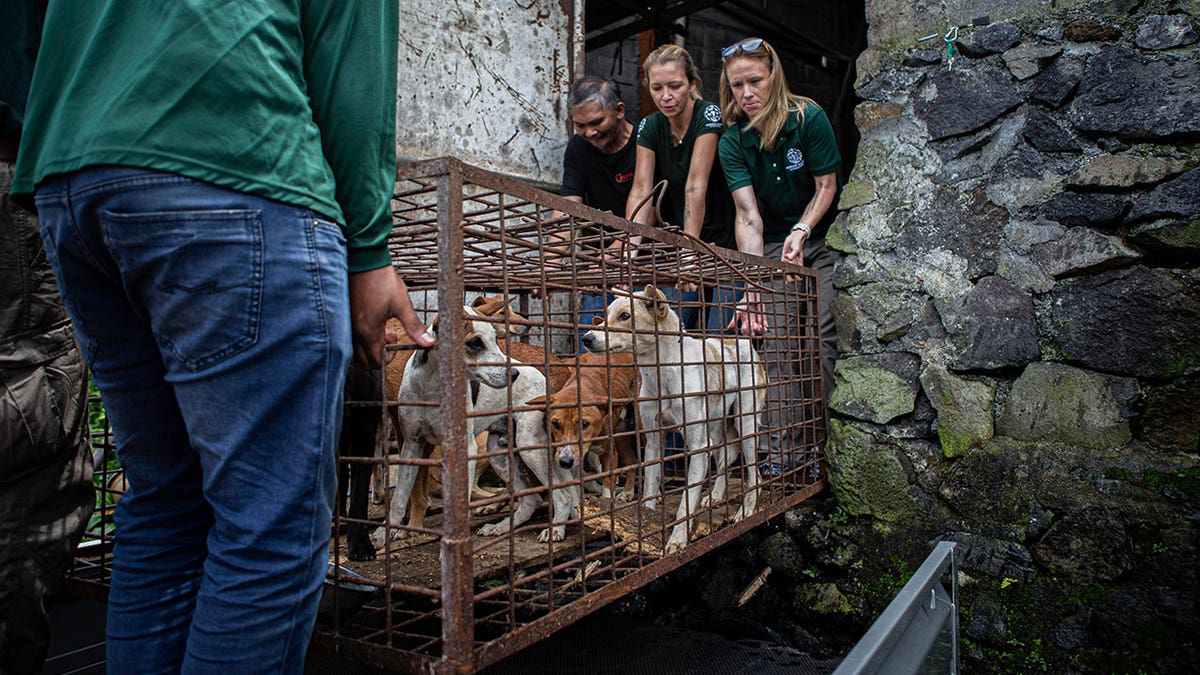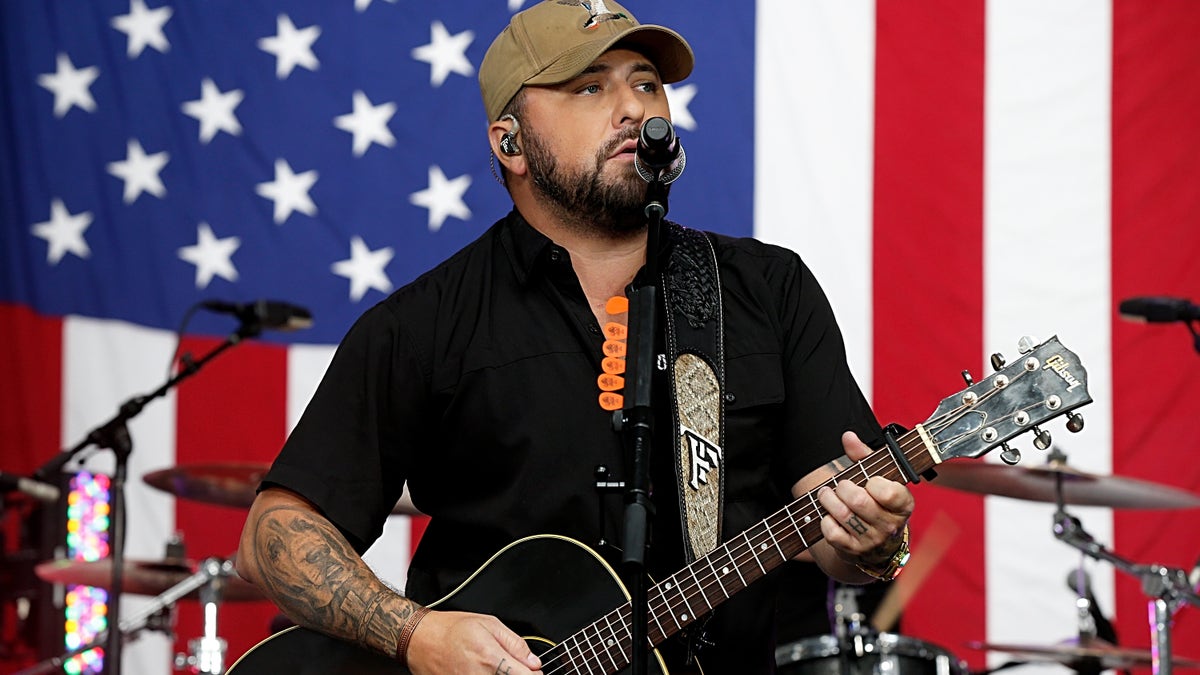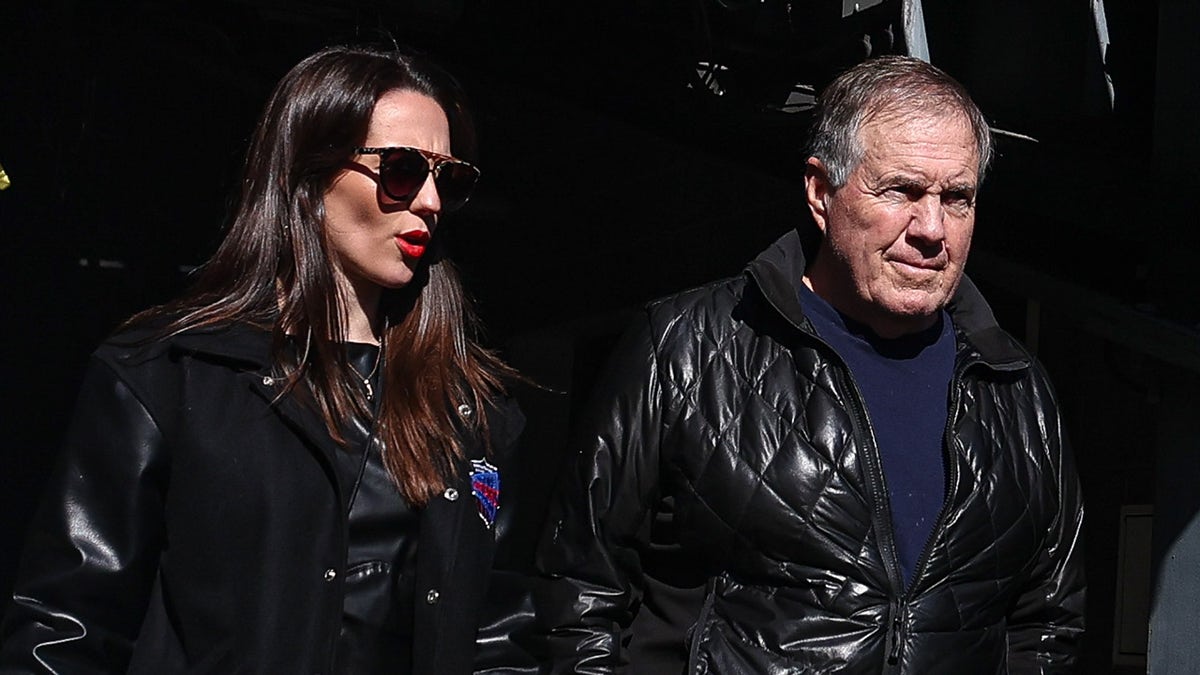With peace negotiations between Russia and Ukraine potentially on the horizon, Saudi Arabia has emerged as a key mediator in the U.S.-brokered discussions. The kingdom's significant influence, largely due to its vast oil reserves, positions it uniquely to facilitate dialogue between the warring nations.
President Trump's suggestion of Riyadh as a neutral meeting ground for talks with President Putin has been accepted by the Russian leader. This choice, while perhaps unexpected to some, reflects Saudi Arabia's vested interest in resolving the conflict, despite its geographical distance.
For Crown Prince Mohammed bin Salman, mediating these negotiations offers an opportunity to enhance his global leadership profile, building upon Qatar's involvement in mediating between Israel and Hamas. Qatar has also played a role in the return of Ukrainian children displaced to Russia during the conflict.
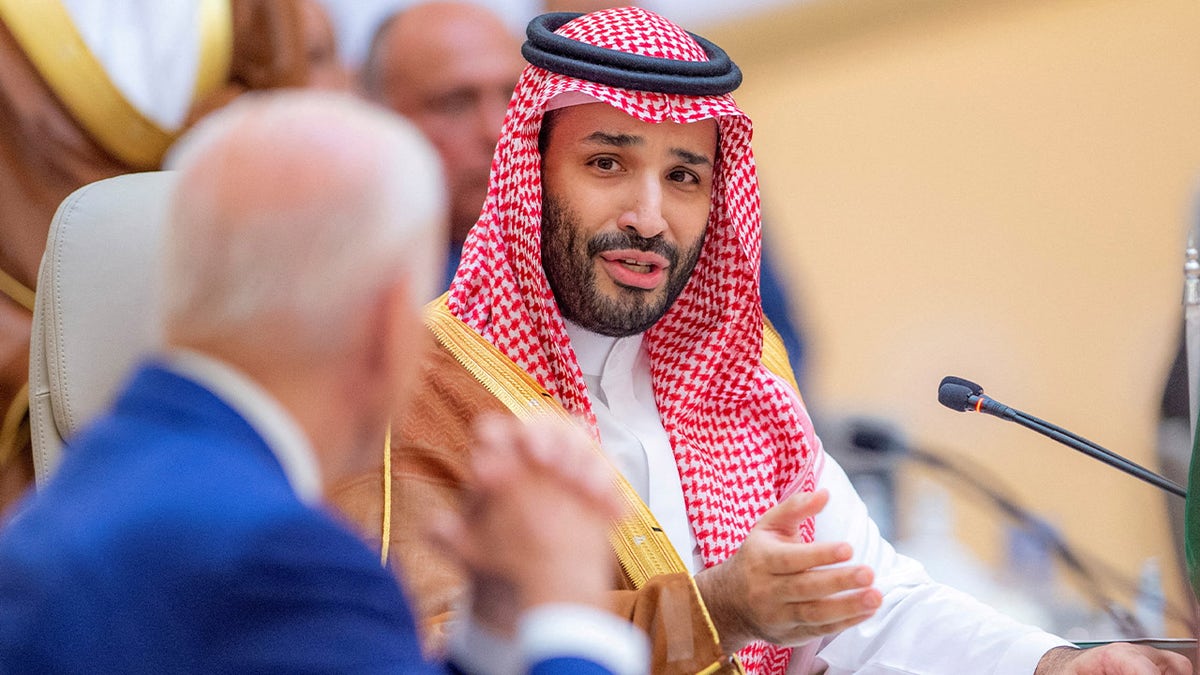
Trump's Middle East envoy, Steve Witkoff, has taken a prominent role in these diplomatic efforts, recently securing the release of American teacher Marc Fogel, detained in Russia. Witkoff acknowledged Prince Mohammed's crucial contribution to Fogel's release.
Trump has announced a team to lead peace negotiations, including Secretary of State Marco Rubio, CIA Director John Ratcliffe, National Security Advisor Michael Waltz, and Witkoff. This announcement followed conversations between Trump, Putin, and Ukrainian President Zelenskyy.
Saudi Arabia's position as the world's leading oil exporter gives it considerable leverage in influencing global oil prices. Increased oil revenue benefits Russia, and Trump has advocated for OPEC nations to increase oil production, potentially pressuring Russia to negotiate by impacting its war funds.
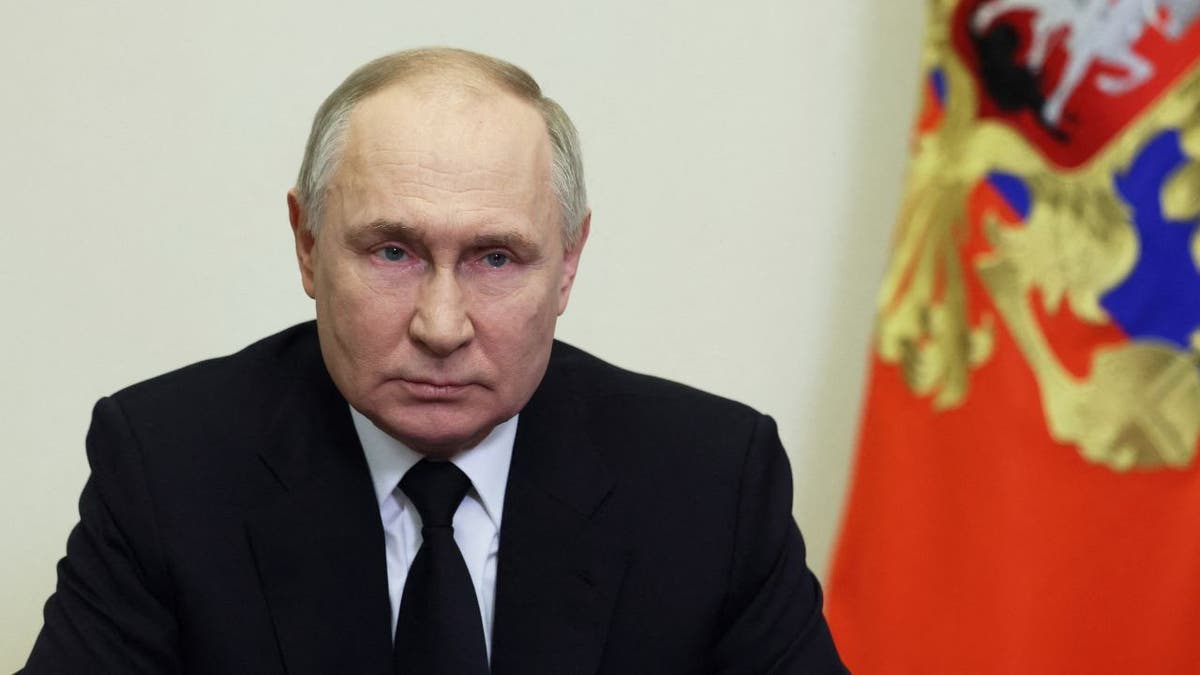
Trump's close relationship with the Saudis, contrasted with the Biden administration's more strained ties, may be a significant factor in these negotiations. However, Trump's proposal regarding the Gaza Strip could create tension despite bin Salman's commitment to substantial U.S. investments.
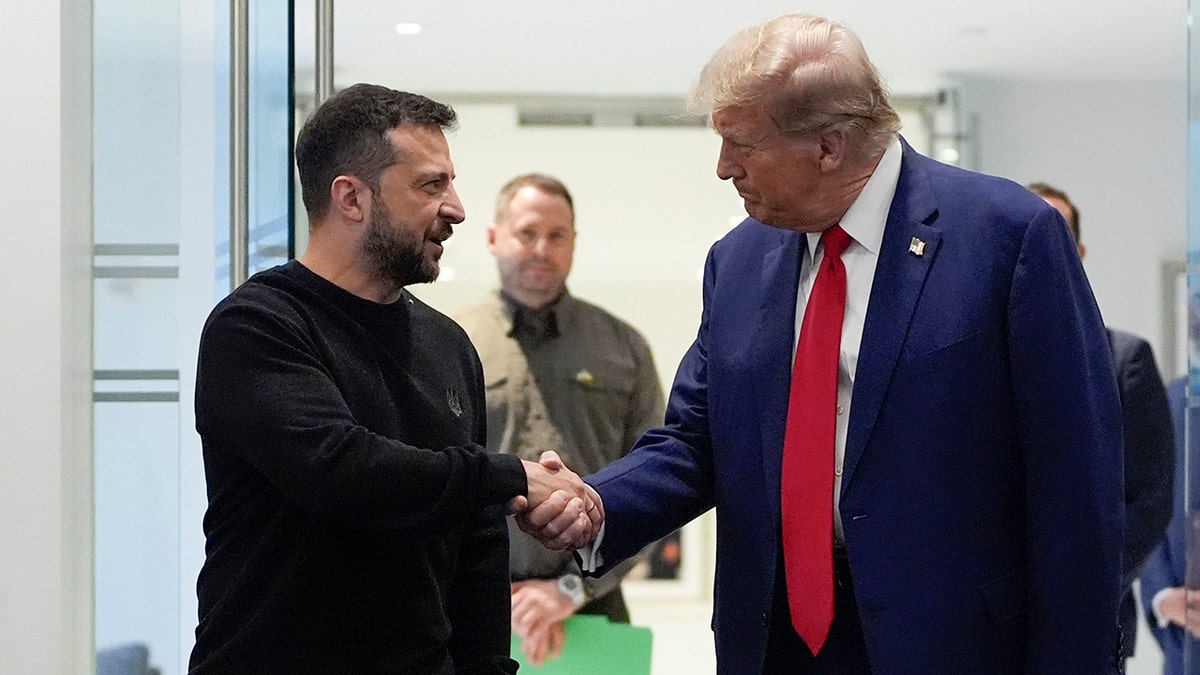
Shared concerns about Iran, a supplier of drones and munitions to Russia, further align Saudi and Ukrainian interests. Both nations have been targets of Iranian-backed attacks, highlighting the potential for collaborative efforts in addressing this shared threat.
Prior engagements between Saudi Arabia and Ukraine, including Zelenskyy's participation in Arab League meetings and discussions on ending the war, demonstrate the ongoing diplomatic efforts. Putin's acknowledgment of Saudi Arabia's role in past prisoner exchanges further underscores the kingdom's influence in mediating international conflicts.

